Breaking Down Barriers – The Accessibility and Affordability of Online Psychological Therapy
In recent years, the landscape of mental health care has been significantly reshaped by the advent of online psychological therapy. This innovative approach has broken down traditional barriers to accessing mental health support, making therapy more accessible and affordable for a broader population. Online psychological therapy represents a transformative shift in mental health care, enhancing accessibility and affordability while maintaining effectiveness and flexibility in treatment options.
Accessibility:
One of the most profound impacts of online psychological therapy is its ability to reach individuals who previously faced significant obstacles in seeking traditional therapy. Geographical limitations, transportation issues, and disabilities that hinder mobility no longer pose insurmountable barriers. With just a computer or smartphone and an internet connection, individuals can connect with licensed therapists from anywhere, whether they reside in rural areas or densely populated urban centers. Moreover, online therapy eliminates the stigma associated with visiting a therapist’s office. Many people find it easier to seek help when they can do so discreetly from the comfort and privacy of their own homes. This has been particularly beneficial for marginalized communities and individuals who may feel uncomfortable or judged seeking help in person.
Affordability:
Cost has traditionally been a significant deterrent for those considering therapy. Traditional face-to-face sessions can be prohibitively expensive, especially for those without insurance coverage or with limited financial means. Online therapy models often offer more affordable alternatives. Therapists can operate from lower-cost environments, and session fees are sometimes reduced compared to in-person visits. Additionally, some online platforms offer sliding-scale fees or subscription models that provide unlimited messaging or video sessions for a flat monthly rate, making therapy more financially accessible to a wider range of individuals.
Effectiveness and Flexibility:
Research has shown that online psychological therapy can be as effective as face-to-face therapy for many mental health conditions, including depression, anxiety, and PTSD. Therapists can employ various modalities such as cognitive-behavioral therapy CBT, dialectical behavior therapy DBT, and mindfulness-based approaches through video calls, messaging, or even automated programs. This flexibility allows therapists to tailor treatment plans to individual needs while accommodating busy schedules and time zone differences.
Challenges and Considerations:
Despite its numerous advantages, online therapy is not without challenges. Some individuals may struggle with the technological aspects or feel less connected to their therapist compared to face-to-face interactions. Issues of privacy and data security also require careful consideration to ensure confidentiality and trust between therapist and client. Furthermore, not all mental health conditions may be suitable for online therapy, particularly those requiring more intensive or crisis intervention. Therapists must assess each client’s needs carefully to determine the appropriateness of online therapy as part of their treatment plan.
By breaking down barriers that once prevented many from seeking help, Houston Telehealth Therapy has the potential to improve overall mental well-being on a global scale. As technology continues to evolve, so too will the ways in which mental health professionals deliver care, ensuring that more individuals can access the support they need when they need it most. Through ongoing research, innovation, and thoughtful implementation, the future of online psychological therapy looks promising in its ability to support and empower individuals in their journey toward mental health and well-being.
